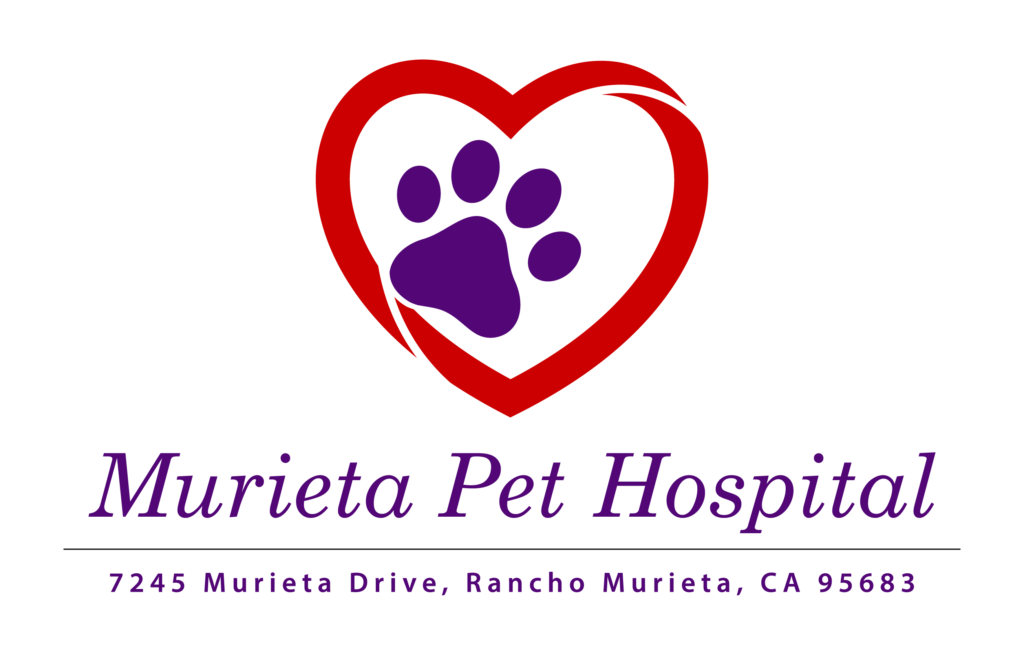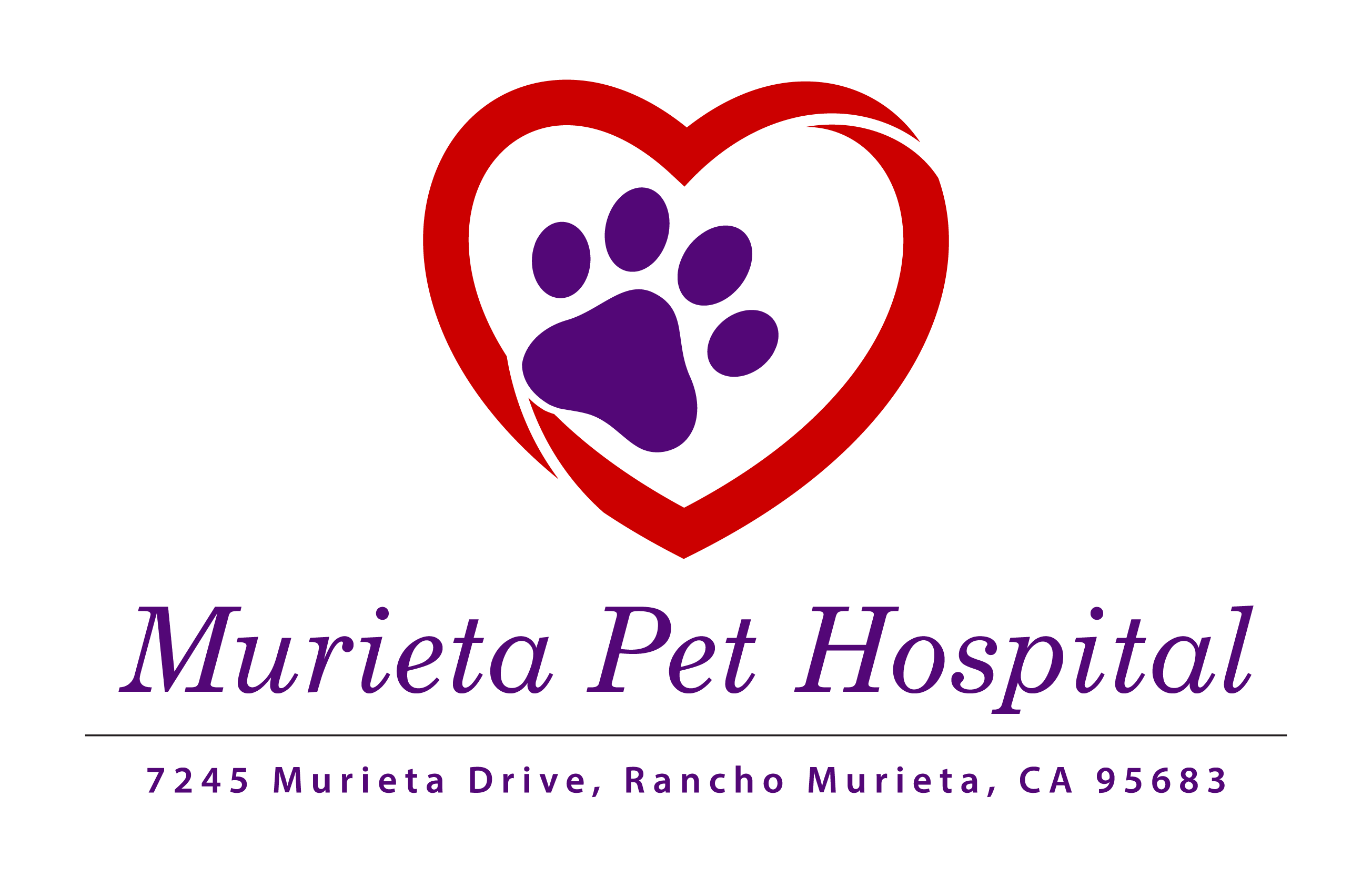Recognizing a pet emergency can be stressful, and it’s not always easy to tell whether urgent care is needed. Some symptoms require immediate attention, while others may be monitored at home. Knowing when to act quickly can make all the difference in your pet’s health and well-being.
Emergencies can happen at any time, and as a pet owner, you want to be prepared. Understanding the warning signs of a serious issue and knowing when to seek medical care can help you make informed decisions. By recognizing symptoms early and responding appropriately, you can ensure your pet gets the care they need when it matters most.
What Are the Signs of a Pet Emergency?
Some signs of a pet emergency are obvious, such as difficulty breathing, severe bleeding, or loss of consciousness. However, others may be more subtle, including excessive panting, restlessness, vomiting that won’t stop, or sudden changes in behavior. Symptoms like a bloated abdomen, excessive drooling, or straining to urinate can also indicate a life-threatening condition that requires immediate veterinary attention.
Because pets can’t tell us when something is wrong, it’s essential to watch for any signs that seem unusual or severe. If you notice your pet acting lethargic, disoriented, or unable to move properly, don’t wait to seek help. The American Veterinary Medical Association (AVMA) provides helpful guidelines on recognizing emergencies, but if you’re ever unsure, it’s best to contact a veterinarian as soon as possible.
Understanding When to Seek Immediate Veterinary Care
If your pet has experienced trauma, such as being hit by a car, bitten by another animal, or suffering from a severe fall, immediate veterinary care is crucial. Even if there are no visible wounds, internal injuries may not be immediately apparent and could become life-threatening without prompt medical attention. Additionally, if your pet has ingested a toxic substance—such as chocolate, grapes, household cleaners, or certain medications—seeking emergency treatment as soon as possible can improve their chances of recovery.
Certain symptoms, like seizures, pale gums, excessive drooling, or sudden collapse, indicate a serious medical issue that requires urgent intervention. Other warning signs include excessive whining or vocalizing, which indicates pain, or difficulty walking. The ASPCA offers a list of common household toxins that can harm pets, but if you suspect poisoning, don’t wait—bring your pet in for evaluation right away. Quick action can prevent complications and increase the likelihood of a positive outcome.
How to Prepare for an Emergency Vet Visit
Having a plan in place can make all the difference when emergencies happen. Keep a pet first aid kit stocked with essentials like gauze, antiseptic wipes, and an emergency contact list for your veterinarian and local emergency clinics. Additionally, knowing the location of the nearest 24-hour veterinary hospital can save valuable time in a crisis. If possible, program the clinic’s phone number into your phone so you can call ahead and let the team know you’re on your way.
It’s also helpful to transport your pet safely during an emergency. If your pet is injured, handle them gently and use a carrier or blanket to keep them secure. Avoid unnecessary movement, as this could worsen their condition. The Red Cross offers resources on pet first aid, which can help you manage minor injuries until professional care is available. Taking these steps can help you stay calm and act efficiently when your pet needs urgent medical attention.
Call Murieta Pet Hospital for Emergency Care Today
Emergencies can be frightening, but you don’t have to face them alone. At Murieta Pet Hospital, our family-owned practice led by Dr. Tyler and our team of UC Davis graduates provides compassionate and skilled veterinary care to ensure your pet gets the immediate attention they need. Whether your pet has been injured, ingested something harmful, or is experiencing sudden health issues, we’re here to help with the same care we’d give to our own pets. Our experienced team is equipped to handle urgent cases with the warmth, dedication, and expertise your pet deserves.
If you’re unsure whether your pet needs emergency care, don’t hesitate to reach out. We can help assess the situation and provide guidance on the next steps. Your pet’s health and safety are our priority, and we’re committed to delivering prompt, high-quality care when it matters most. Call us at (916) 885-0288 or reach out through our contact form for assistance.


